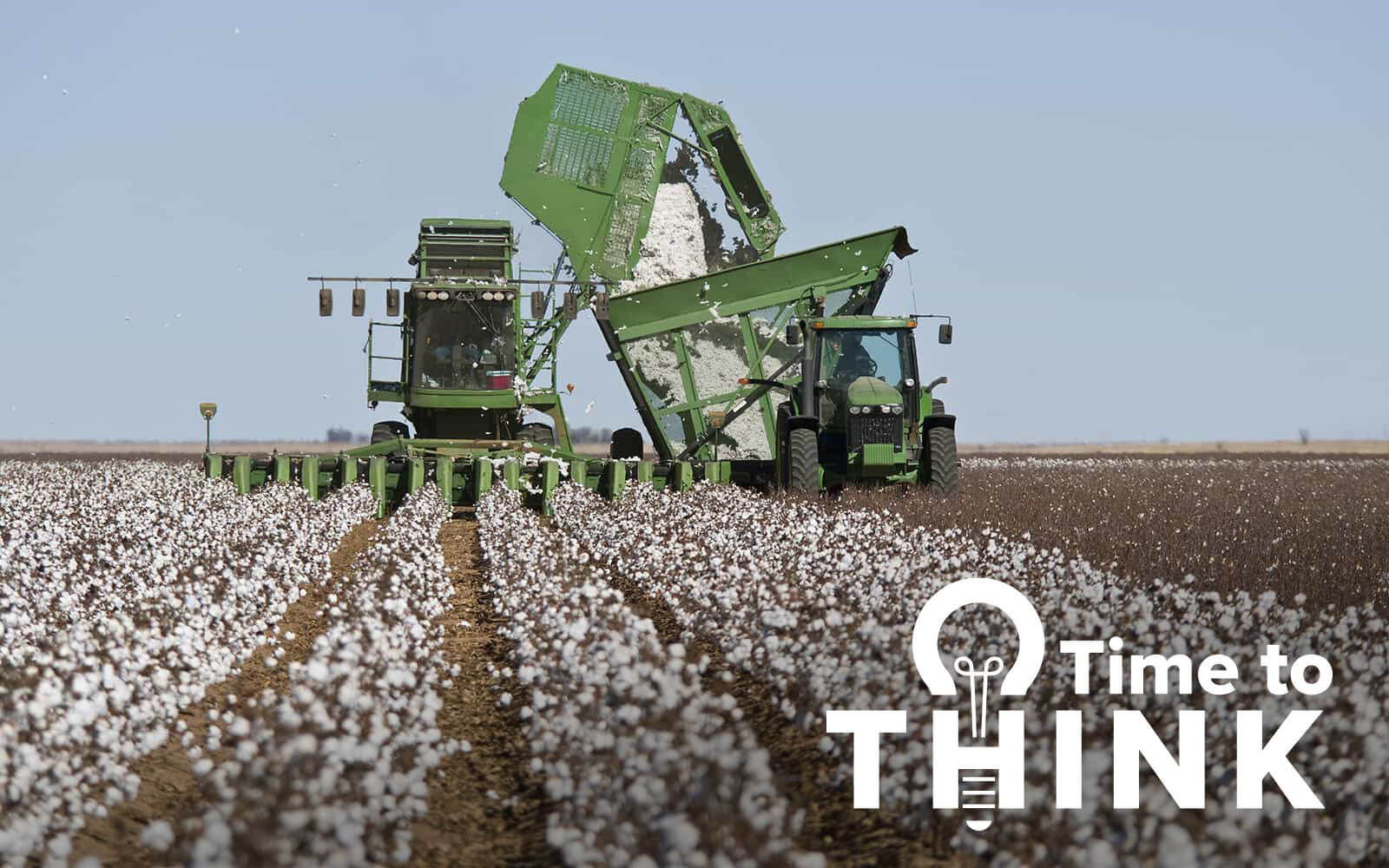Farmers often circle around the thought of “Should I be doing something different?” with relentless weather struggles and the constant threat of weeds, insects and disease, farming can be a challenging line of work. It can lead a farmer to consider a new livelihood completely, getting involved in a different sector of agriculture or simply swapping one crop for another. But regardless of the doubts, farmers will do everything in their power to prevail and continue to grow their crop for the legacy, family tradition and love of the land, just like Gerald White, a farmer from Marks, Mississippi.
White might feel the pull to switch all his fields over to corn to increase financial gain, but no matter what, he will always plant at least some acres of cotton.
“My dad farmed cotton for as long as I can remember,” White says. “He was farming cotton then, and I’m farming cotton now. There’s no doubt I will always plant cotton.”
Less Cotton and More Corn
From a business approach, White will allocate more of his 10,000 acres to growing corn for 2020. When rotated with corn, cotton’s yield increases and makes it more profitable for the future.
“I would much rather grow cotton, but cotton does a lot better when you rotate it with corn,” White says. “Since cotton is not profitable right now, why not take advantage of corn and get it in rotation. It also spreads the harvest out. We’ll cut corn in August and September, and combines are a lot less expensive than pickers.”
Make a Plan
White recommends always having a plan of action, and defoliation is an important step in that plan to achieving an efficient harvest. White utilizes Folex® Cotton Defoliant which acts as an effective tool for dropping of mature leaves prior to harvest.
“I have used a lot of Folex for cotton defoliation, and it’s an excellent product,” White says. “It really improves the defoliation of the cotton plant, especially in cooler weather.”
Growers can customize their Folex defoliation program based on tank-mix flexibility and the need for a one-pass or two-pass program. Folex can be applied using ground or aerial equipment and is not adversely affected by normal rainfall or dew.
Also, within White’s plan of action, he advises to always know what your capacity is for harvesting equipment and don’t overload pickers or combines.
“You want to lean heaviest on what you think is more profitable,” White says. “It’s important to remember you still can’t plant more than you’ve got the equipment to harvest.”
©2020 AMVAC Chemical Corporation is a wholly owned subsidiary of American Vanguard Corporation. All rights reserved. AMVAC, Folex and respective logos are trademarks owned by AMVAC Chemical Corporation.
Important: Always read and follow label instructions. Some products may not be registered for sale or use in all states or counties. Please check with your state agency responsible for pesticide registration to ensure registration status. All products are EPA registered.
